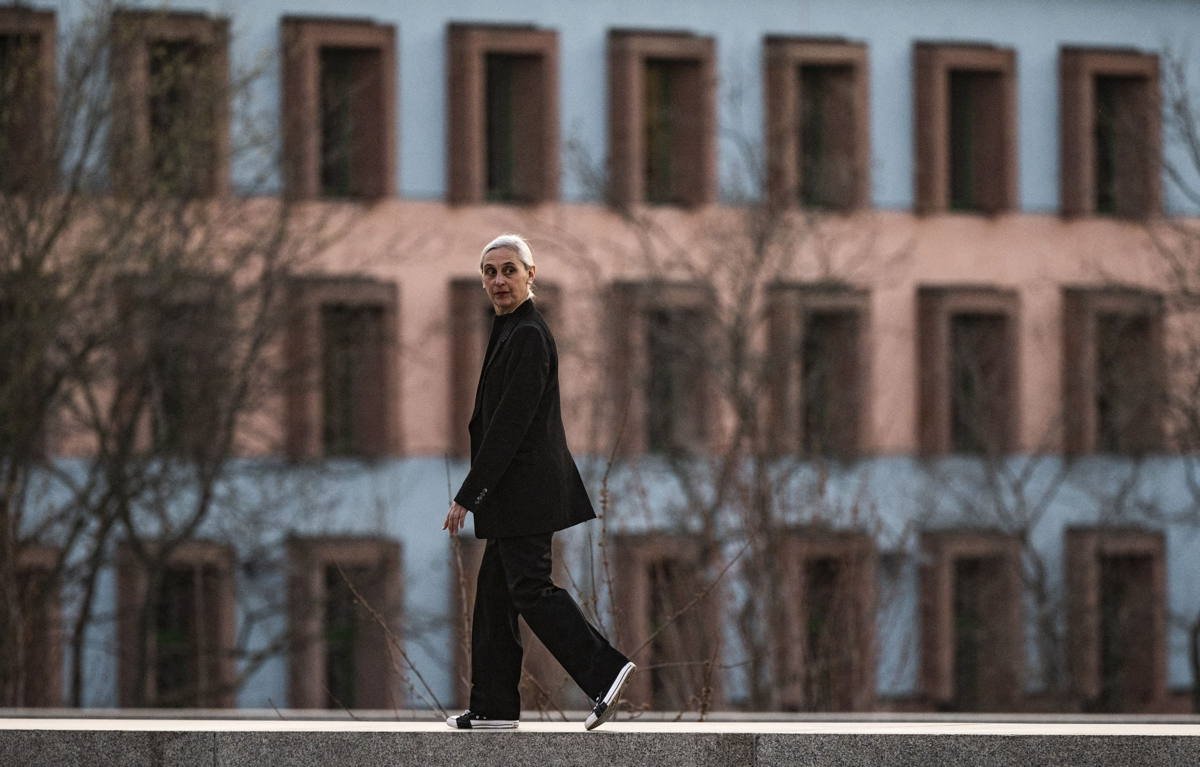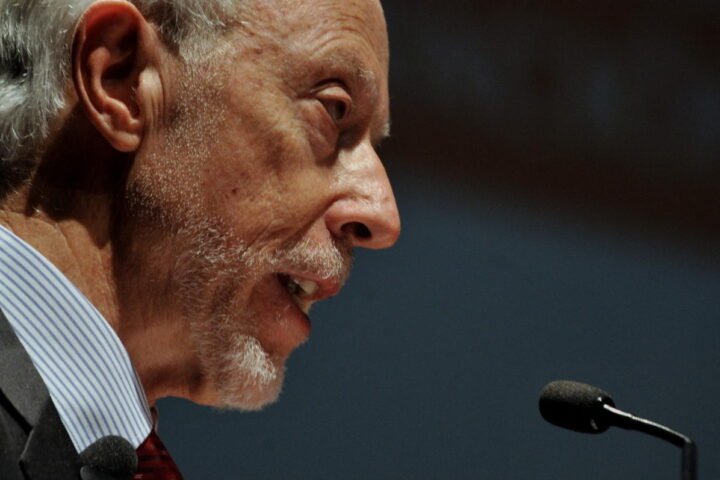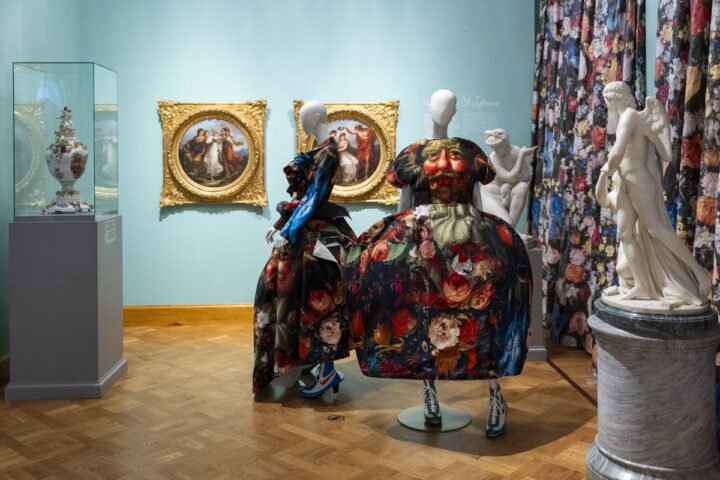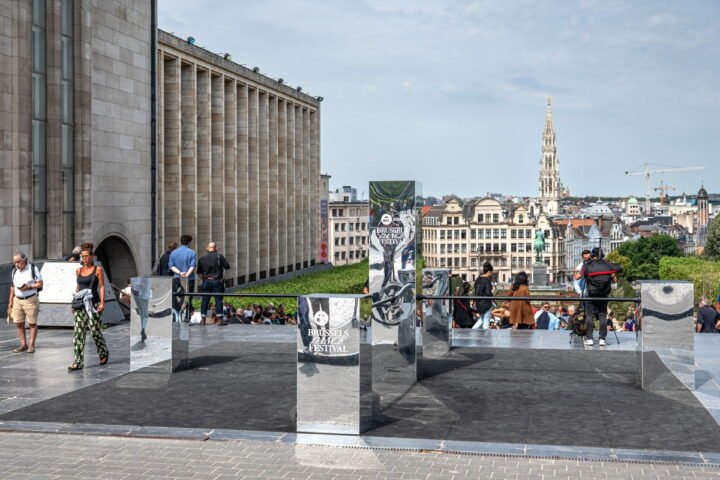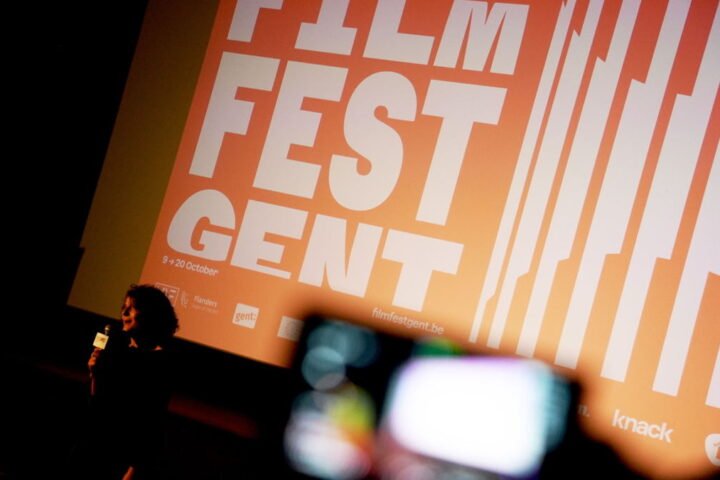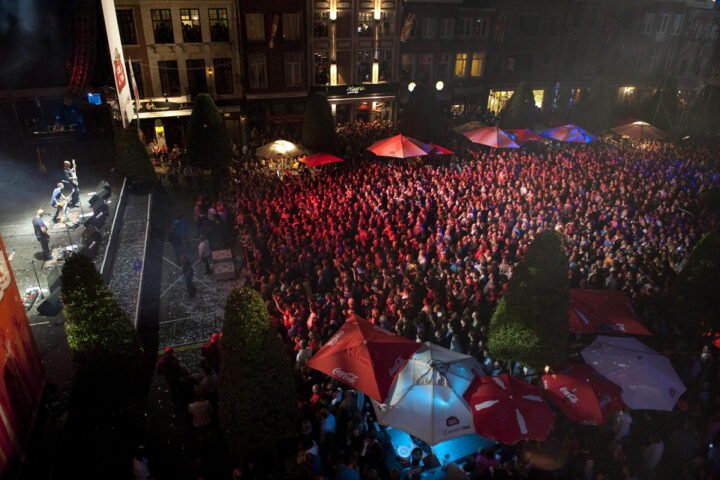Renowned Belgian Choreographer Anne Teresa De Keersmaeker to Receive Prestigious Award
Anne Teresa De Keersmaeker, a prominent figure in the dance world, has been selected to receive the Praemium Imperiale award in October for her lifelong contributions to the arts, marking her as a key representative of Belgium’s artistic community. This announcement was made by the Japan Art Association in mid-July. De Keersmaeker is the second Belgian recipient of this esteemed award, often referred to as the “Nobel Prize for the Arts,” following painter Pierre Alechinsky, and the first to be honored in the Theatre and Film category, reports 24brussels.
The 65-year-old choreographer, who trained at Maurice Béjart’s Mudra school in Brussels in the late 1970s, is set to accept the award in Tokyo this October. She cites her time at Mudra as foundational to her career, after which she expanded her expertise through studies at the Tisch School of the Arts in New York, where she explored American postmodern dance.
De Keersmaeker first gained significant recognition with her piece “Fase, Four Movements to the Music of Steve Reich,” which premiered in the early ’80s. The piece, now considered a contemporary classic, combines intricate choreography with minimalist music. In September, she is scheduled to perform one of the movements, “Violin Phase,” at Bozar in Brussels.
Born in 1960 in Mechelen, De Keersmaeker began her artistic journey with the presentation of her first piece, “Asch,” in 1980. Her groundbreaking work “Fase” established her as a leading voice in contemporary dance. Throughout her career, she has consistently integrated a variety of music genres into her work, including classical and jazz. Among her most recent productions is “BREL,” which features music by the Belgian singer Jacques Brel.
In 1983, De Keersmaeker founded the dance company Rosas in Brussels, which quickly gained international acclaim with its first production, “Rosas danst Rosas.” This work has been celebrated for its feminist themes and innovative choreography, solidifying Rosas’ place in the global dance scene. Notably, in 2011, De Keersmaeker publicly addressed issues of intellectual property rights after alleging that Beyoncé had borrowed choreography from “Rosas danst Rosas” for her music video.
After a brief period of controversy regarding her leadership style, De Keersmaeker expressed regret for the environment at Rosas, stating, “As a leader, I take full responsibility for the working environment that existed within Rosas and as a person, I want to apologize to all the people I have disappointed and hurt along the way.” Despite these challenges, she continues to push boundaries within contemporary dance.
Currently, De Keersmaeker orchestrates an international school for contemporary dance in Brussels, known as the Performing Arts Research and Training Studios (P.A.R.T.S.), which trains students from around the globe. The institution focuses on fostering new talent in the performing arts, with a strong emphasis on re-evaluating past traditions for future relevance.
As she prepares for her award reception and upcoming performances, Anne Teresa De Keersmaeker remains a pivotal figure in the evolution of contemporary dance, continuing to inspire both audiences and aspiring artists worldwide.
